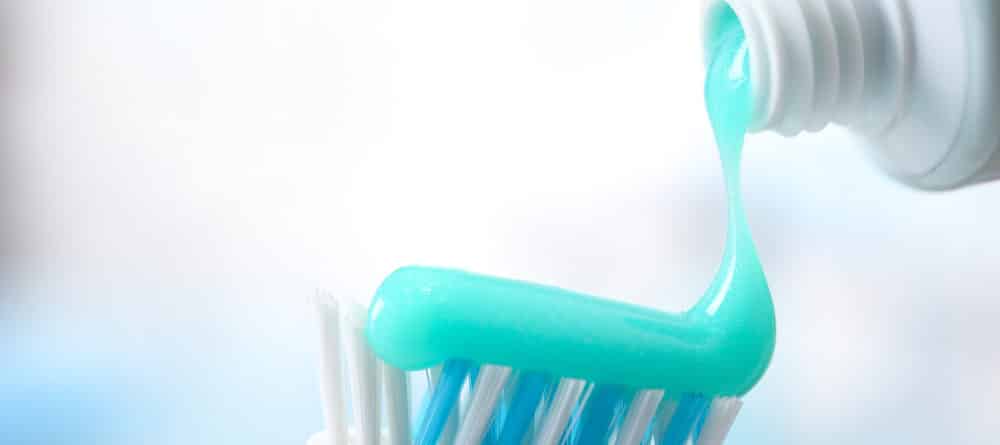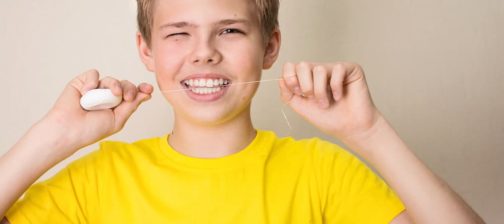There’s nothing quite as refreshing as freshly brushed teeth. After a garlic-infused meal or first thing in the morning, brushing away unwanted tastes and bacteria in your mouth leaves you feeling refreshed and gives you the confidence to breathe freely around other people.
But have you ever stopped to wonder what exactly is in your toothpaste? Even though we as adults don’t tend to swallow toothpaste after brushing our teeth, a certain amount is bound to be ingested. Take a good look at the toothpaste you use. Does it have little beads or flakes in it? Advertisements used to refer to these as beneficial for improving bad breath and making your mouth stay fresher for longer. However these small beads are actually quite harmful to your body because they are made of plastic.
Microbeads in Toothpaste
What does this mean for your body? Well for starters it could mean that the plastic bits, known as polyethylene specks, are lodged in your gums leaving room for other bits of food to make their way in and cause cavities or even gum disease. Similar to the effect caused by having a piece of popcorn stuck in your gums, the polyethylene specks can cause discomfort over time. These small beads are noticed by dental hygienists during cleanings.
Thinking from a strictly logical standpoint, do we want to have plastic building up anywhere in our bodies? Studies have shown that the polyethylene specks do not simply dissolve, so where do they go?
Dentists, dental hygienists, and doctors have raised the alarm about the risk of these small plastic beads. In response, Canada’s federal government has banned the sale of products containing these microbeads, effective July 1, 2018.
Ask Your Dentist for a Toothpaste Recommendation
It is best to discuss your toothpaste usage with your dentist. They will be able to provide you with the brands they know and trust. Following a strong recommendation from your dentist will likely help you to avoid further problems down the road. Just because a toothpaste has a fun colour, an interesting texture, or a delicious taste, it doesn’t mean that it was designed with the best interest of the brusher’s oral health in mind.
Generally dentists will recommend using the most basic of toothpastes with no additives or fancy gimmicks. And traditionally these are the cheapest options on the toothpaste shelf, so it ends up being a win for everyone involved.
Before you commit to a new toothpaste brand, just ask your dentist their opinion. They are the true professionals who have your oral health in mind and will not lead you astray simply for a fun and fancy toothpaste experience. You only get one set of adult teeth! Take care of them the best you can.



